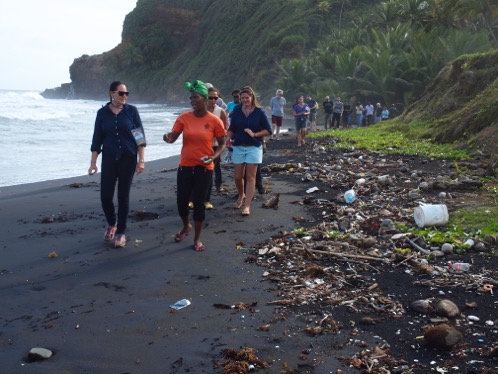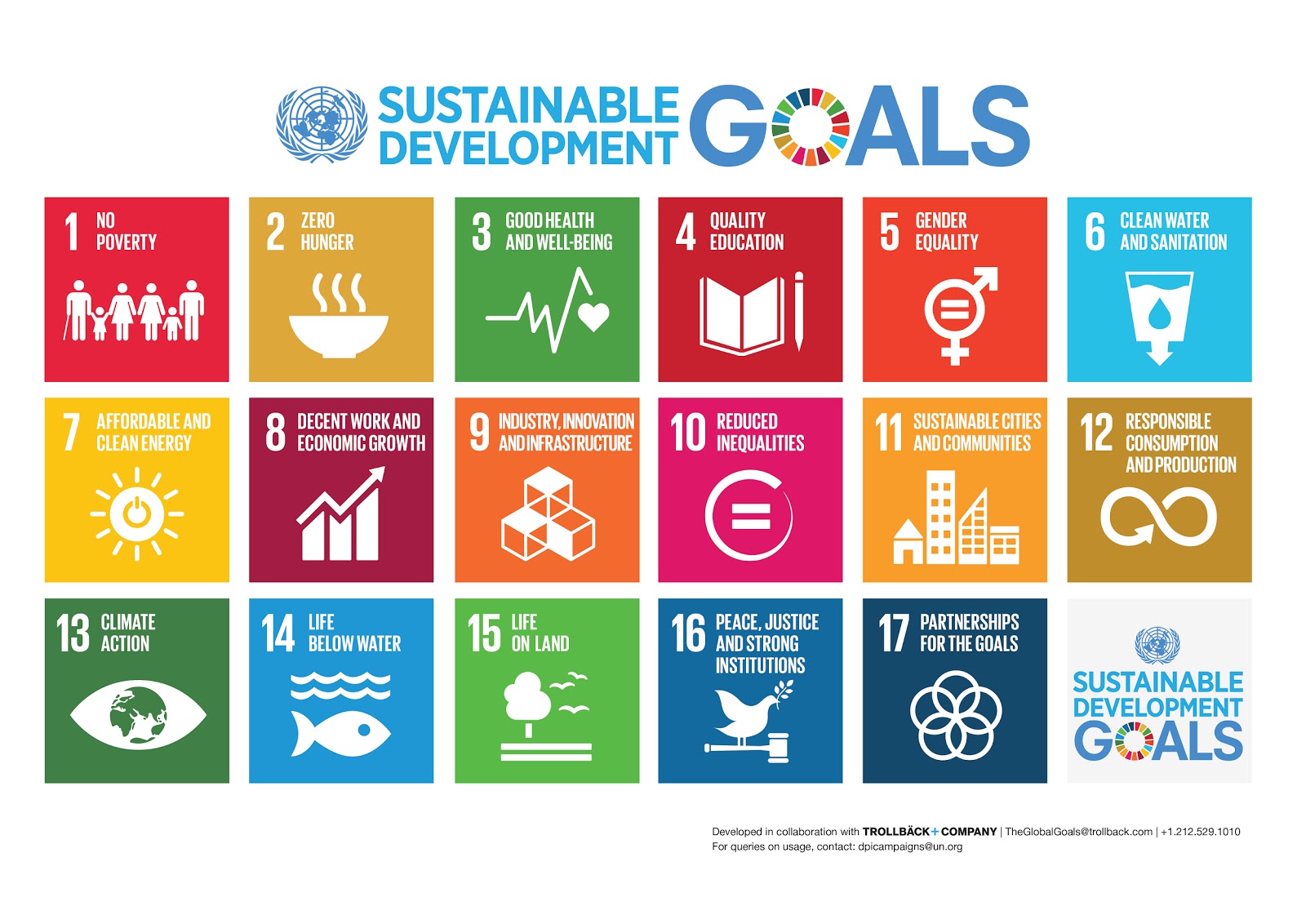Mitigation & Adaptation Research Institute
MARI
Climate change and sea level rise are increasingly on the agenda of the public, the media, and decision makers in the public, private and social sectors of society. Focus is almost solely on the related hazards and the potential disasters we might be facing. However, other changes such as the rapid increase of species extinction rates and the fundamental changes in the physiology of the Earth's life-support system pose equally important catastrophic threats to the sustainability of the global human society and even the sustainability of the planetary life-support system. The Mitigation and Adaptation Research Institute's (MARI) is therefore taking a comprehensive view on the syndrome of modern global change and is focusing on the options we have to mitigate the impacts of modern global change, to adapt to the changes, and to prepare for possible futures.
About the Institute
MARI's mission is to convene societal agents and faculty to inform and facilitate transformations towards sustainability and to further our understanding of the challenges posed by recent rapid changes, including land use changes, biodiversity loss and extinction, climate change and sea level rise, and the impacts of modern global change on the Earth's life support system.
A future with a prepared, antifragile and adaptive society copying with modern global change.
Supporting the transition to a prepared, resilient, and adaptive society coping with changing climates and rising sea levels.
The MARI Case Study Template
MARI has developed a template for case studies of wicked problems associated with aspects of the syndrome of modern global change and sustainability. This template takes a transdisciplinary approach to the system representing the wicked problem. Utilizing participatory modeling it aims for a common understanding of desirable futures and the development of a conceptual model that captures all aspects of the system's inherent vulnerabilities and the hazards and threats the system is exposed to. Using the conceptual model to develop different levels of stock-and-flow and agent-based models, the template utilizes simulation to explore the spectrum of possible futures of the system and to develop foresight. Analizing the decision space and social agents in this space, a set of viable options can be developed for interventions that would divert the system's trajectory towards desirable futures. This MARI template has been used in more than seventy case studies caried out in undergraduate and graduate research projects.
Sustainable Development Goals
In 2015, the United Nations agreed on the 2030 Agenda for Sustainable Development, which aims towards seventeen Sustainable Development Goals (SDGs). In most countries and internationally, stakeholders at governmental, non-governmental and business levels are actively participating in implementing the 2030 Agenda. MARI is engaged in activities that supports and facilitates such transdisciplinary efforts, with a focus on participatory modeling efforts. MARI also aims to increase the number of ODU faculty supporting the implementation of the 2030 Agenda with collaborative research and there are opportunities for students to engage in activities. Interested faculty and students should contact Hans-Peter Plag via email at hpplag@odu.edu.
Conservation Leadership
Certificate in Conservation Leadership
This interdisciplinary graduate certificate will facilitate the development of the next generation of professionals who can address the challenges for conservation posed by a changing climate and sea level rise.
Minor in Conservation Leadership
The interdisciplinary minor in Conservation Leadership is offered by Old Dominion University in collaboration with the U.S. Fish and Wildlife Service (USFWS) as part of a long-term, sustainable program of conservation-related service-learning, internships and leadership programs.



